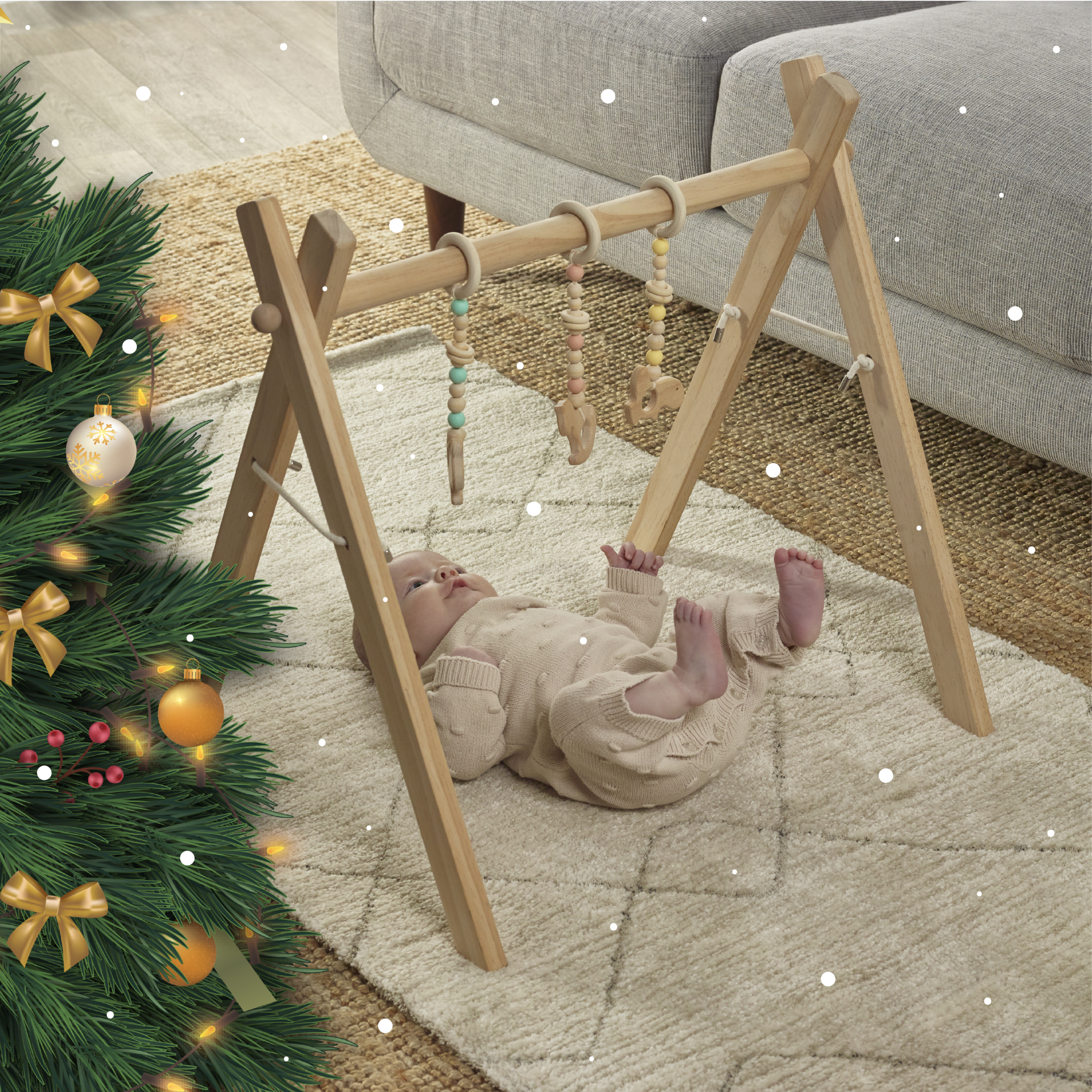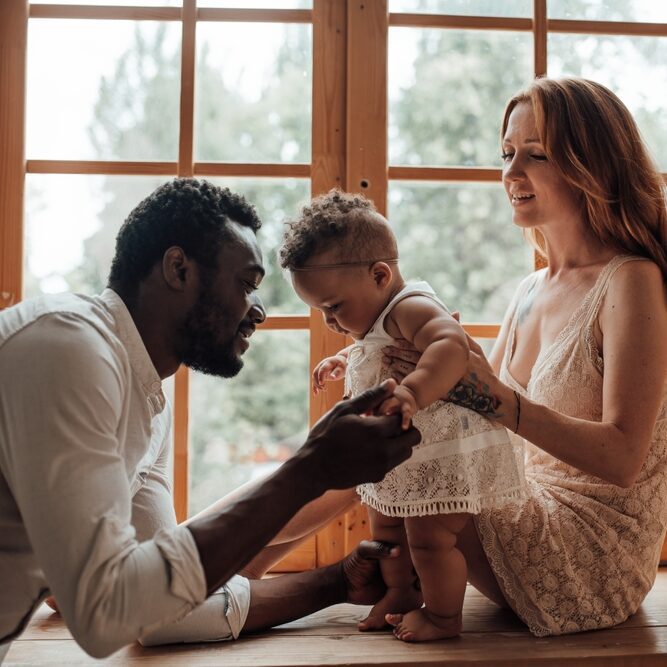If you’re reading this, we know that there is a reason. Whether that’s because you’re pregnant and slightly fearful of what to expect when your baby arrives, if you’re worried your loved one may be experiencing PPD, or just for the pure fact you’d like to learn more about the warning signs: we at Kinder Valley are here for you every step of the way.
We always find that when we understand something more, it becomes less daunting. That’s why today, we want to start with the basics and work our way up. Stay with us.

Understanding PPD
We, as women, are unbelievably powerful. You’re telling us that women can literally make a human being from scratch? They build eyeballs. That’s pretty amazing to us! Bringing life into this world is a huge blessing, and we are so happy for those who have given birth and are enjoying every moment. However, life isn’t so shiny all the time, and it’s important to always give grace where it’s due.
Circling back to our first point, it’s only natural that there are going to be side effects to giving birth. Our bodies go on a journey where we naturally give this tiny little baby that we are growing all our nutrients to build them big, healthy, and strong. We then prepare to give birth, and our bodies go through a very emotionally and physically stressful situation to finally bring this long-awaited life into the world. Our hormones have been all over the place for nine entire months, and unfortunately, that rollercoaster does not stop once your baby has been born. As a matter of fact, the journey may not be at its end.
After birth, some women may experience hormones plummeting, causing them to feel sad, anxious, full of dread and tearful a lot of the time. Whilst this can and cannot progress, if it does, PPD is often associated with a neurotransmitter imbalance. Essentially, your brain is not functioning the way it used to. Many new mothers with PPD suffer from low serotonin (our ‘happy’ hormone!), which can be due to nutritional deficiencies, lifestyle habits, lack of sleep and more.
Many women dream of that joyous, beautiful moment when they first lay eyes on their newborn. Don’t get us wrong, we are so sure that many women suffering from PPD have had this moment. But, realistically, it’s not the reality for everyone. We are here to tell you that it is okay! Every emotion you are feeling is completely normal. The fact you are here reading up on PPD shows that you’re aware, and that’s a great start.

The Difference Between Baby Blues & PPD
In a world that loves to label things, we want to make sure that you understand the difference between baby blues and PPD. Both are very valid, and everyone’s experience is different.
The baby blues can be described as a 6-week adjustment period, where you experience sadness, tearfulness, mood swings, anxiety and more after you have first had your baby. It is only natural to feel overwhelmed after your entire world has been shifted and your focus is now your baby, alongside any other responsibilities you may have. It is completely normal to feel this way. It is an adjustment period, and it takes time.
The main difference between PPD and baby blues is the length of time that these emotions arise and stay. Let’s look at two case studies.
Mother A has just had a baby. She’s 27, a first-time mother and is completely and utterly overwhelmed by the fact that she is now a mother (totally understandable, might we add). She’s struggling to get the baby to sleep at pattern, she is exhausted, and (of course) has no time for herself. She feels tearful, full of dread and worrisome for a few weeks. As time passes, she begins to adjust. Her baby is settling into somewhat of a sleeping pattern, she’s getting the swing of things, she’s finally sleeping a little more and has now got the time to shower and dance in the kitchen a bit in the morning whilst her baby sleeps. The feelings of dread start to subside, as she realises as each day passes that yes, “I can do this! And I’m doing great at it too!”.
Mother B has just had a baby also. She’s also 27, and a first-time mother. The same story applies to her, except as time passes, the sadness festers. The thoughts she first had about being a mother feeling overwhelming are still there. She has bouts of anxiety that she can’t seem to control and feels tearful a lot. It’s been over 6 weeks now, and she’s wondering when the emotions will ever subside. Over time, her symptoms progress and they feel much more severe than they felt before. Does this sound like you, or someone you know?
The ending of Mother A and Mother B’s story is the same. The only difference is the length of time and support it took to get there. And guess what? That’s completely okay. We are all on our own journeys. With the right help and support, shoulders to lean on and a good cry (often, and yes, we mean often), things do get better.
If you, or someone you know, is worried they may be suffering from PPD, please reach out to your GP or pharmacist and explain how you are feeling. There is help out there. From all of us at Kinder Valley, we are here for you on your journey.


















